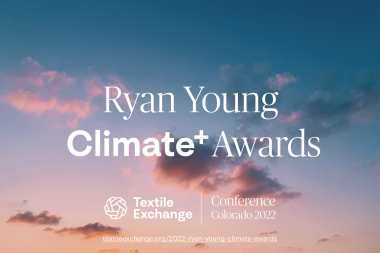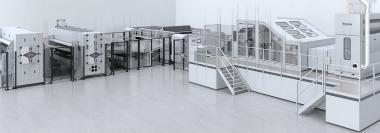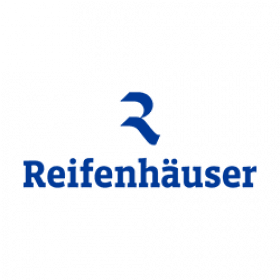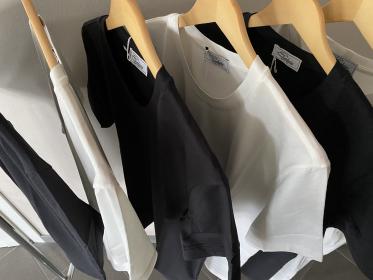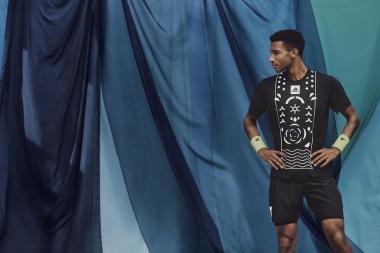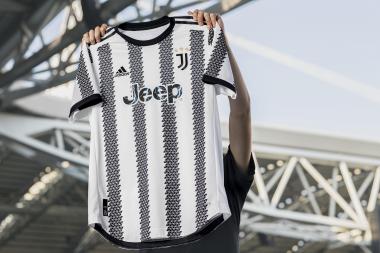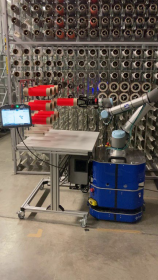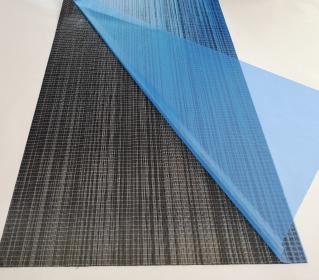Borealis and Trexel develop fully recyclable lightweight bottle
- Monomaterial solution contains renewably-sourced polypropylene from the Bornewables™ portfolio of circular polyolefins
- Trexel employs its proprietary MuCell® technology to deliver a range of lightweighting benefits
- EverMinds™ in action: reuse and design for recycling are focus of value chain collaboration
Borealis and Trexel, an expert in foaming injection and blow moulded parts, announce that they have co-developed a new plastic bottle based on a grade from the Bornewables™ portfolio of polyolefins made using renewable feedstocks derived 100% from waste and residue streams. The lightweight bottle – which will be showcased at the Borealis stand at the K 2022 (from 19 to 26 October 2022 in Düsseldorf) – is reusable and fully recyclable. It boasts a significantly lower overall CO2 footprint because it is composed of renewably-sourced feedstock and produced in the foaming process.
The Bornewables™ portfolio of circular polyolefins helps reduce the carbon footprint while offering material performance equal to virgin polymers. Using Bornewables grades allows for design freedom and colour flexibility, and helps retain a premium look and feel. The grades – which are commercially available in Europe – help conserve natural resources because they are derived solely from waste and residue streams, for example from used cooking oil. Reusing waste already in circulation instead of fossil fuel-based feedstocks enhances the sustainability of applications made using the Bornewables grades.
The reusable new bottle developed by Borealis and Trexel retains its value over many life cycles thanks to the use of Trexel’s proprietary technology in tandem with Bornewables grades; as a material solution, the new bottle minimises the use of valuable raw materials. Moreover, converters consume less energy in the production process when using the MuCell® technology. The bottle thus helps close the loop on plastics circularity by way of design for recycling, the use of renewable feedstocks, and excellent material performance across multiple life cycles.
Borealis









